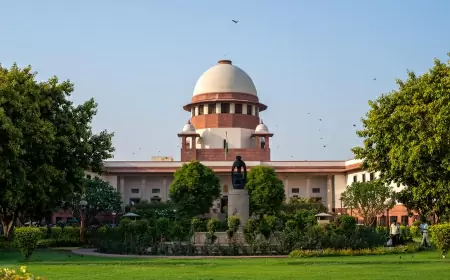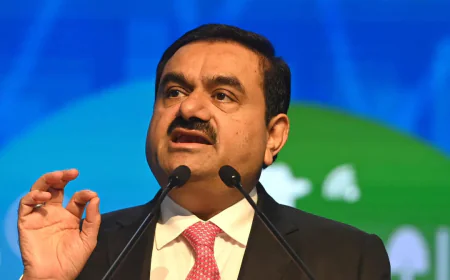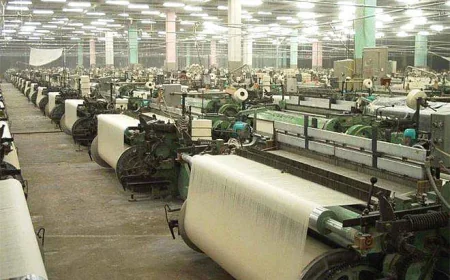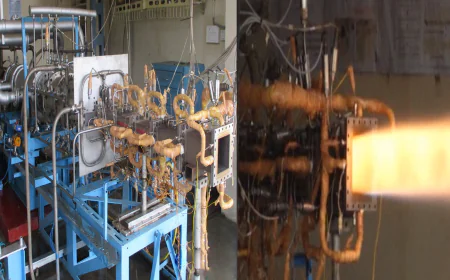Air India Express admitted engine maintenance lapse after DGCA's reprimand, said - the matter has been resolved
Air India Express: After DGCA's reprimand, Air India Express has admitted to delay in replacing aircraft engine parts and tampering with records. The airline has termed it a technical defect and claimed improvement and action against the responsible employees. This mistake was made before the horrific Dreamliner accident in June, in which 241 people lost their lives.

After being strongly criticized by the aviation regulator DGCA, Air India Express on Friday confessed that it had delayed replacing the engine portion of its Airbus A320 plane and also concealed it from records. The airline said that now the problem has now been resolved, and corrective and preventive measures have been taken.
The airline said that in May 2023, the European Air Safety Agency (EASA) had issued an 'airworthiness' directive on two engines of its fleet. The first engine was replaced on time, but the second engine missed the change due to the technical problem of 'record migration'.
The airline said that as soon as it came to light, the technical team immediately made the necessary changes, and the second engine was also brought into compliance on time. He also said that the mistake was admitted and corrected, and administrative action has also been taken by the DGCA against the responsible employees.
Want to get your story featured as above? click here!
Want to get your story featured as above? click here!
The media report, citing a confidential DGCA document, said that the violation came to light in a routine audit of 2024, and the airline was given a formal warning in March. The document also said that the airline had changed the records in the AMOS system to show the change in time.
This technical lapse occurred before the Air India Dreamliner crash in Ahmedabad in June, which killed 241 people, making it the deadliest plane accident of the last decade. Air India Express is currently integrating with AIX Connect along with expanding its fleet. It has reiterated that it will continue to adhere to the highest safety and regulatory compliance standards.
















































































